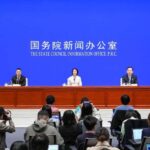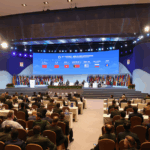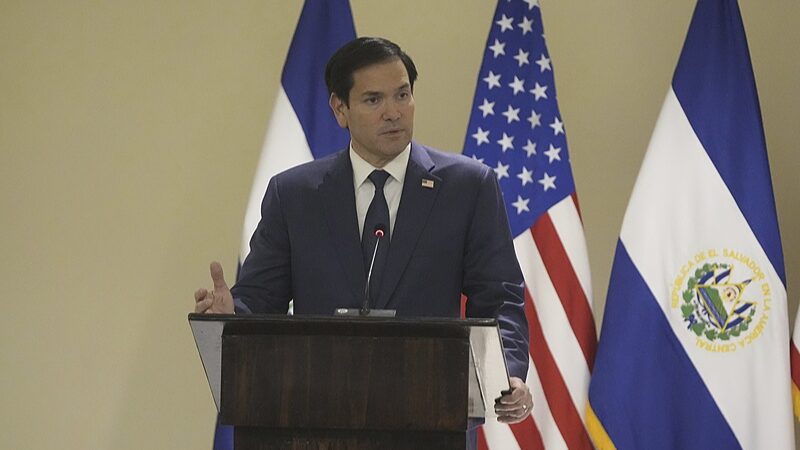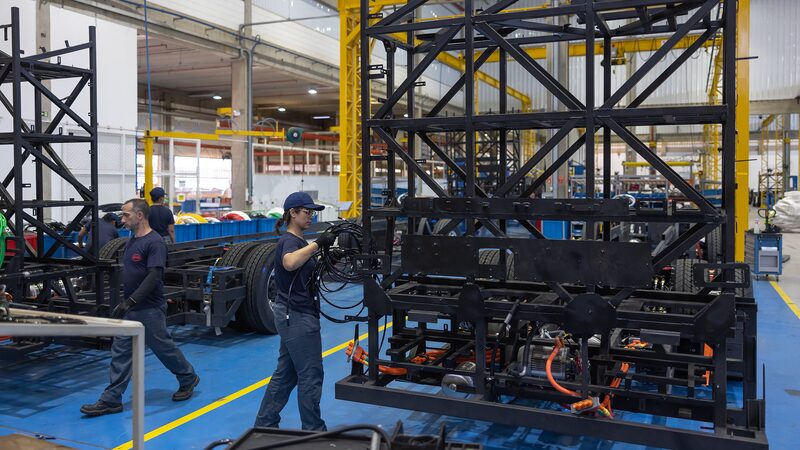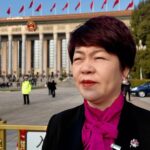Could the world’s AI revolution hinge on cooperation between Washington and Beijing? Experts at the 2024 Beijing Forum say yes—and they’re urging both superpowers to bridge their divides for the sake of global innovation. 🌐
At a panel themed 'Digitalization and Intellectuals', scholars like Stanford’s Graham Webster warned that isolating U.S. and Chinese AI ecosystems would 'stifle efficiency and progress'. \"We need dialogues on AI risks, but also cultural exchanges to shape inclusive solutions,\" he said, pointing to breakthroughs in medicine and climate tech that could benefit billions. 💡
Yale researcher Karman Lucero spotlighted China’s rapidly evolving AI landscape, calling it a 'treasure trove of ideas' for global researchers. \"Learning from diverse approaches isn’t optional—it’s essential,\" he added, stressing grassroots collaboration between universities and startups. 🚀
Despite recent U.S. restrictions on tech partnerships, small wins are emerging. This year saw the first U.S.-China AI safety talks in Geneva and follow-up meetings in Beijing, where both sides agreed to deepen joint research. Peking University’s Lei Shaohua proposed a 'bottom-up' model: \"Think tanks and tech firms can build trust where politics can’t.\" 🤝
With over 500 experts from 30+ countries and regions attending the forum, one message rang clear: AI’s future depends on teamwork, not tech wars. 🌍✨
Reference(s):
cgtn.com
